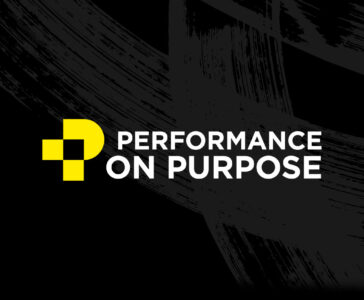Hartford’s success doesn’t lie so much in what it has compared to surrounding towns, rather how it can contribute or even lead the creation of an overall stronger regional community.
It is important to recognize Hartford is in much better condition than it has been in a long time. We have universities building campuses, multiple housing development projects, a new baseball stadium and surrounding commercial development under construction and countless other projects on the boards. However getting to this point has cost the city dearly and Hartford is struggling to stay financially afloat, selling off assets to pay its bills. This way of getting things done is unsustainable, and if we change the way we think about Hartford, perhaps unnecessary.
What does Hartford need that can be taken from the region?
I have had the opportunity to be in conversations with our current Mayor, Pedro Segarra and three of the Democratic Hopefuls Luke Bronin, John Gale and Robert Killian on more than one occasion, including at a recent REFA Mayoral Forum on June 24th. The conversation always ends up being about what Hartford has, what it needs, and what stands in the way of its success. Over the years this conversation has justified costly investments in studies and plans, few of which are ever implemented. An important conversation, however the way we’ve been having it has produced few results and cost a fortune in time and resources. The problem is, what Hartford needs is always discussed in the context of Hartford itself.
Parochial vs. Broad-minded
Connecticut has a long and storied history and so many things about it are unique and amazing. However, a parochial mindset among its 169 towns is one way of thinking that has outlived its usefulness. It perpetuates an us vs them mentality and keeps each of our towns and cities fighting for resources. The challenges we face as a State require us to be thinking bigger, and meeting those challenges together. Hartford could be the lead in this new, more board-minded approach to how we create a State of prosperity and high quality-of-life for all. Hartford is the Capital after all.
What does the region need to be successful that Hartford can contribute?
If we changed the conversation to be about the success of the region, we could put Hartford in relationship with the rest of the communities that surround it. Each city and town could then be seen as a unique and vital contributor to the success of the region. If we understood what we need as a region to be successful, we could begin to work together to divvy up what’s needed to those best equipped to take on the task. This kind of thinking would allow us to leverage the strengths of each community to vastly accelerate our way to regional success, the only kind of success that really matters.
An exquisite example of no possibility of possibility
To galvanize my point I will share an interaction I had with one of the candidates. I proposed the following:
Hartford currently has an unemployment rate of ~12% and struggles to find jobs for its high-school graduates. There is a burgeioning manufacturing economy in Connecticut with one thing holding it back, access to a skilled workforce. Why don’t we explore introducing proper training programs to satisfy the need for skilled workers and provide jobs for the residents of Hartford?
The response:
But there aren’t any manufacturers in Hartford.
(the name of the candidate has been redacted to protect the innocent)
Having employed and productive residents of Hartford and helping to build a stronger economy for the State isn’t important unless those jobs are in Hartford? This pattern of thinking shows up over and over again, and if we don’t change it I’m afraid we will squander our opportunity to realize our potential and live up to our reputation so eloquently stated by the Boston Globe as “America’s filing cabinet”
What are we waiting for
I believe we can think bigger, broader and do better than that. I am done having others naming our fate because we are so busy fighting each other to create our own. Let’s honor who we are and what we believe in as the people of Connecticut. Together we can create a future we can own and be proud of.
About Brent
Brent works with leaders to design futures worth fighting for. A partner at Fathom, he champions an approach to strategic planning, employee engagement, leadership succession and market differentiation that prioritizes people and relationships. As a result, his clients don’t simply plan their futures, they bring them to life through the energy of organization-wide involvement in, and commitment to, generating valuable businesses that matter.
Want more from Fathom?
Sign up to receive updates about our articles.


